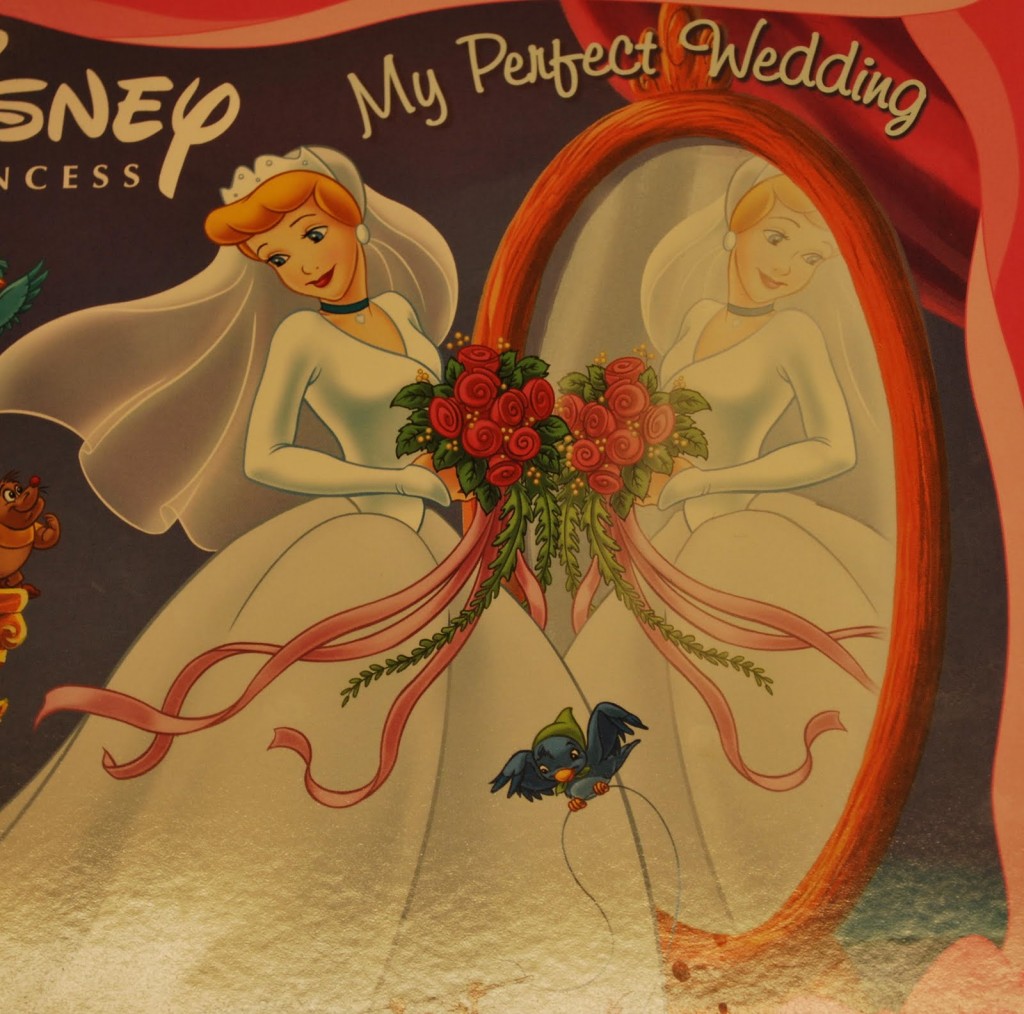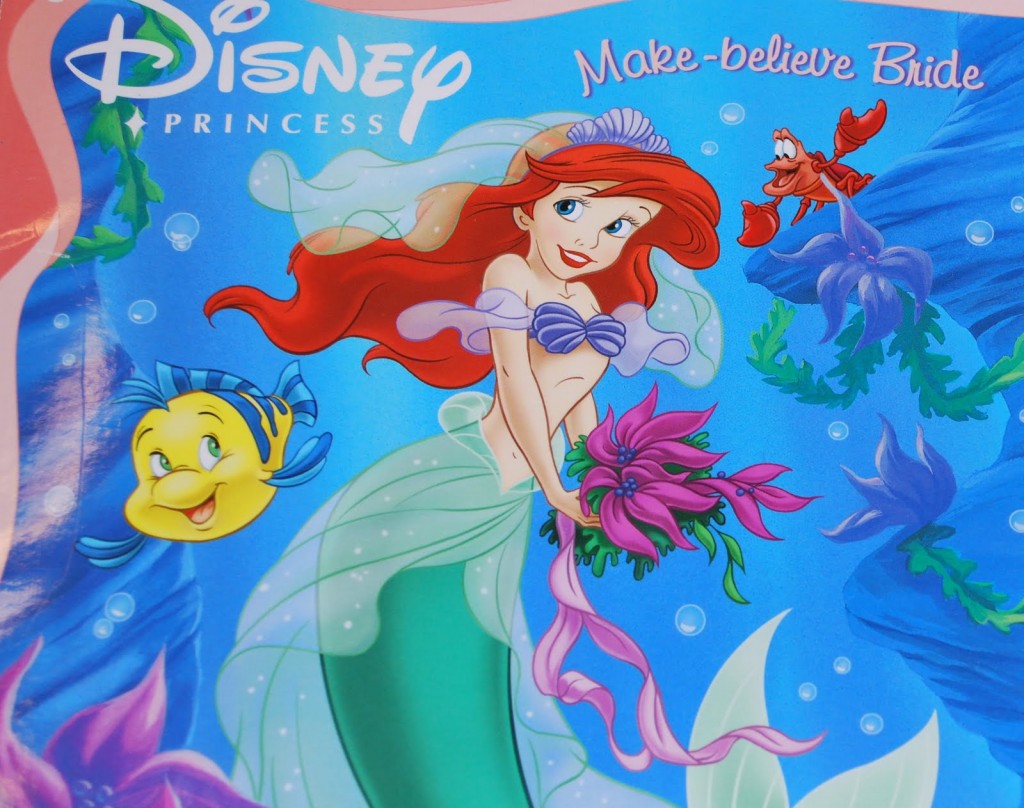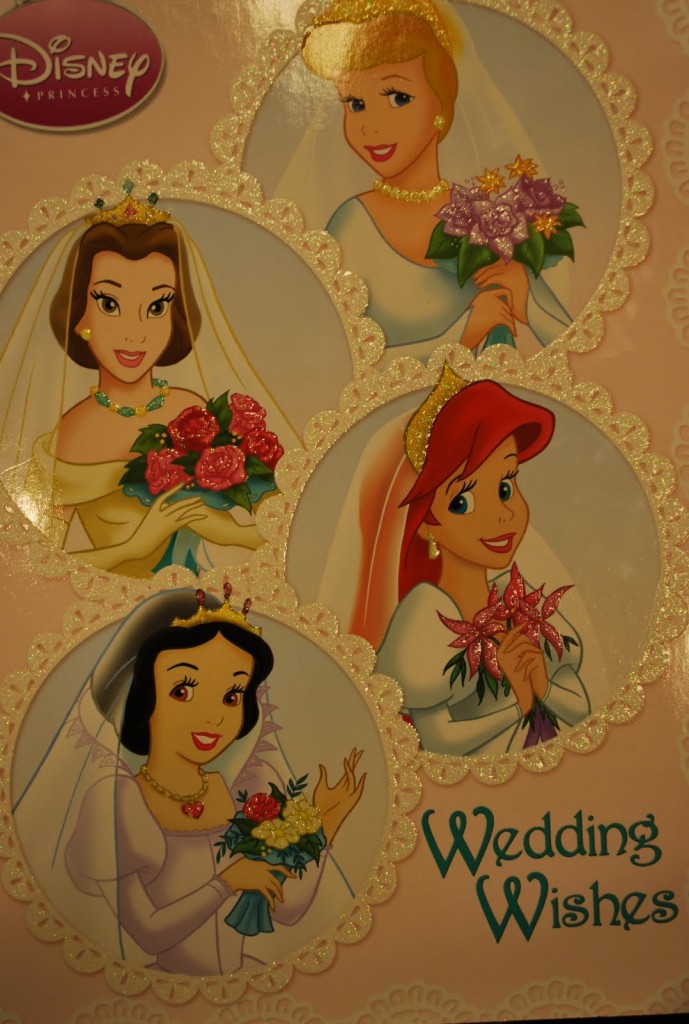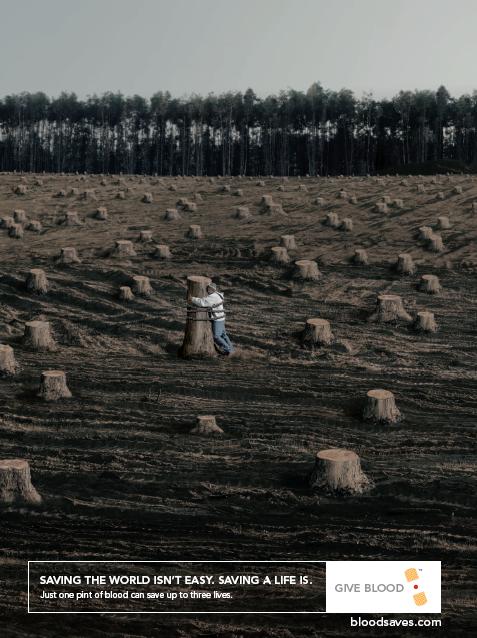Julia W. was perusing the website of an Irish car insurance company, Insure. The website had a special section devoted to “women drivers – driving alone.” They introduce the topic like this:
It is, unfortunately, a fact of life that a woman on the streets alone, whether as driver, a cyclist or a pedestrian, is vulnerable to attack. If you are driving there are some basic precautions you can take.
And the site continues with a set of instructions (sampled below). Of course, all drivers are vulnerable to attackers. Even if women are statistically more vulnerable, both men and women can benefit from taking safety precautions. Even the big, scary, male people are no match for a gun. And, yet, vulnerability itself is constructed here as uniquely female and women are seen as categorically at risk.
Lisa Wade, PhD is an Associate Professor at Tulane University. She is the author of American Hookup, a book about college sexual culture; a textbook about gender; and a forthcoming introductory text: Terrible Magnificent Sociology. You can follow her on Twitter and Instagram.











